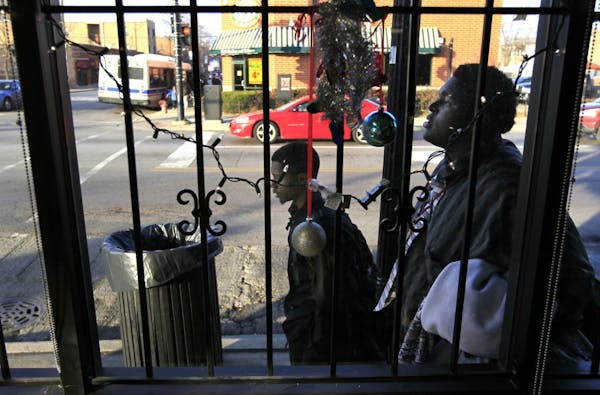The December shooting at Sandy Hook Elementary School in Newtown, Conn., was a national tragedy in which we all share. After such horrid events, it is natural to want do something, anything, to assert a sense of control over the uncontrollable. Unfortunately, such moments can lead us to do the wrong things.
For instance, a group in the town of Southington, Conn., planned a buyback of violent video games before canceling the event on Wednesday. Although the organizers had been careful to note that there's no evidence that violent games contributed to the Sandy Hook shooting, they did claim that research links video games with other aggressive acts and desensitization, so the implication was clear.
Speaking as a video game researcher and psychologist, I must say that they could not have been more wrong.
Research on media violence has been inconclusive and has suffered from serious methodological flaws. Recent reviews by the U.S. Supreme Court, the Department of Health and Human Services, and the governments of Australia and Sweden all reached the same conclusion.
The American Psychological Association declined to participate in the 2011 Supreme Court case on video games, citing inconsistencies in the literature. Most studies of media violence have historically employed weak and dubious measures of aggression. Those few that actually examine youth violence have generally found little evidence for concern.
During the past few decades in which video games have become more popular and violent, youth violence has declined to 40-year lows. Nations that consume more video games per capita than does the United States, such as the Netherlands or South Korea, have much less violent crime than we do. Put simply, there is no good evidence to link media violence to societal violence.
When events like Sandy Hook happen, as a society we tend to experience what psychologists call "confirmation bias." If the perpetrator is a young man, it is often assumed that video games contributed. But when a perpetrator doesn't fit the stereotype -- for instance, 62-year-old William Spengler, who killed two volunteer firemen in New York this December -- media is not mentioned. Nobody bothers to point out that Spengler didn't play video games.
This bias leads to the misperception that perpetrators of mass homicides had consumed lots of violent media, although a 2002 U.S. Secret Service report concluded that they generally had not. This bias was displayed in 2007 when commentators such as television's Dr. Phil concluded that video games were responsible for the Virginia Tech shooting. The official investigation later showed that the shooter was not a gamer, despite being a young man.
Given that Adam Lanza, the Sandy Hook perpetrator, was a young man, and that almost all young men play violent video games at least occasionally, it's both easy and valueless to "link" crimes by young men to video games. In doing so, we fail to learn from past mistakes.
Back in the 1950s, the culprit for juvenile delinquency was comic books. Experts testified before Congress that "Batman and Robin" comics caused not only delinquency but homosexuality (the Caped Crusaders were secretly gay, it was claimed). We've seen similar claims about music -- not just gangsta rap, but Elvis Presley, jazz and waltzes. Books, for centuries, have been blamed for societal ills.
During periods of media-based moral panics, politicians, activists and scholars will say irresponsible things that the data can't support. These statements feed our fear and give us answers we so desperately want, even if those answers are false.
Even if the evidence does not support a link between violent media and societal violence, one might reasonably ask: Why take the chance? Why not restrict violent media just in case? The danger in this logic is that in focusing on the wrong issue we distract society from more pressing issues such as mental health.
After the 1999 Columbine massacre, the country focused on video games. That led to a decade's worth of useless legislation that cost millions of dollars and was ultimately struck down as unconstitutional. We've tried that path before.
* * *
Christopher J. Ferguson is an associate professor and chairman of the Department of Psychology and Communication at Texas A&M International University. He wrote this article for the Hartford Courant.

The little park that could … be better
Climate change looms large this election year
For this Minnesota legislator, action targeting child abuse is intensely personal


